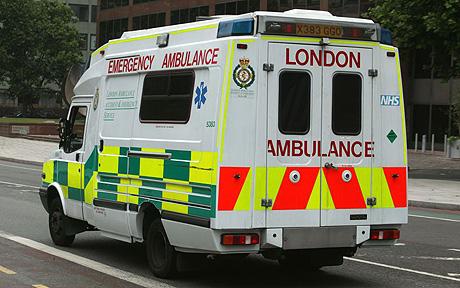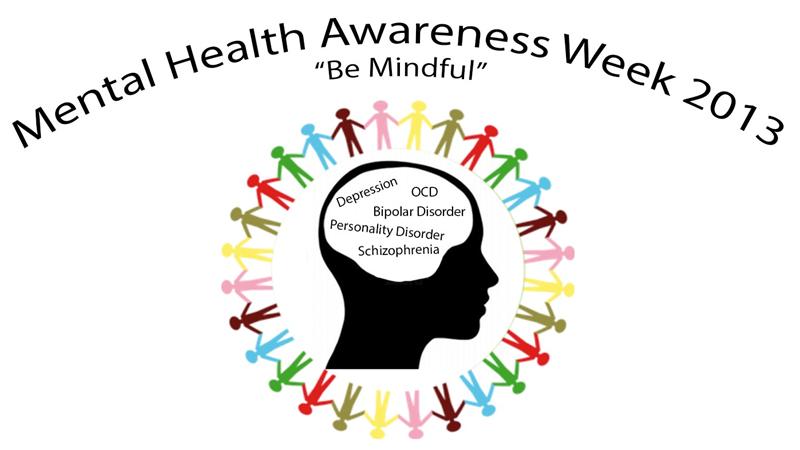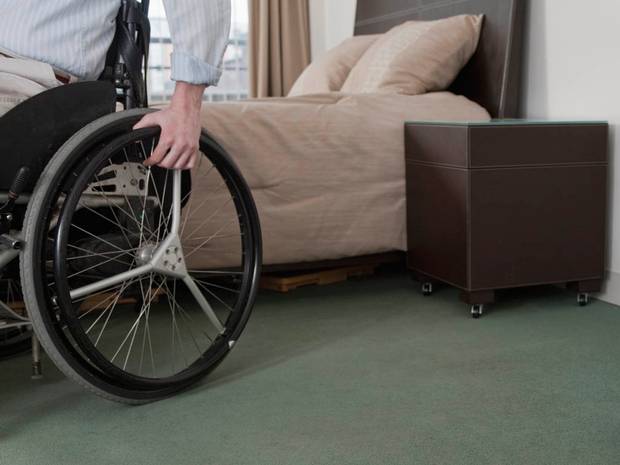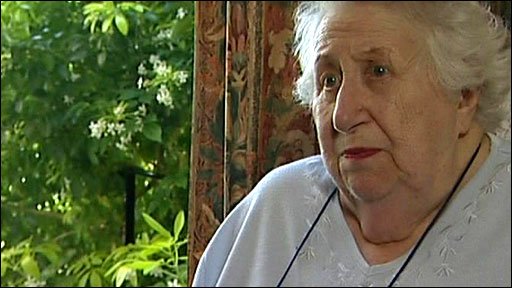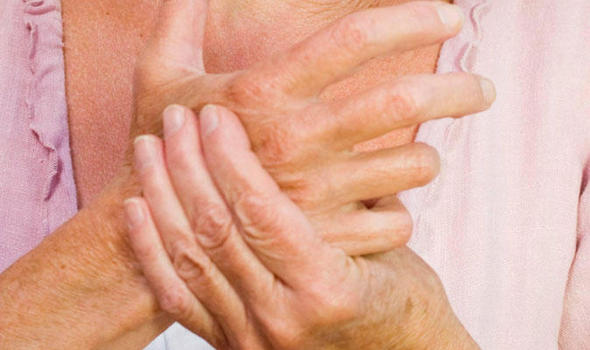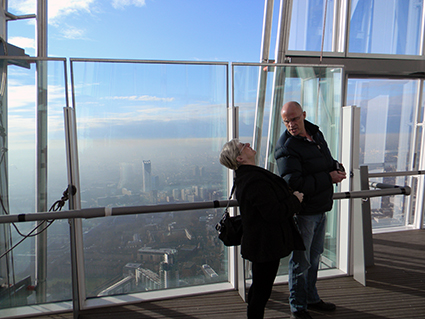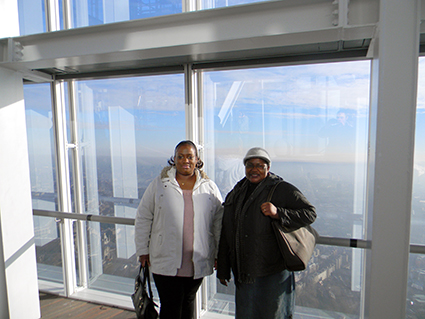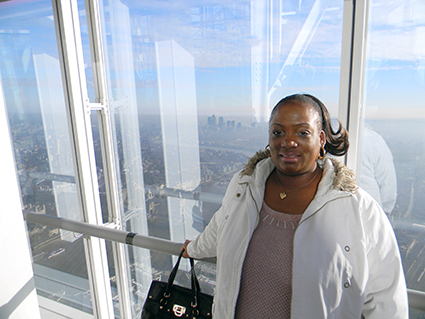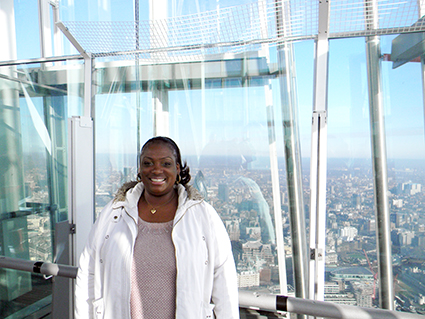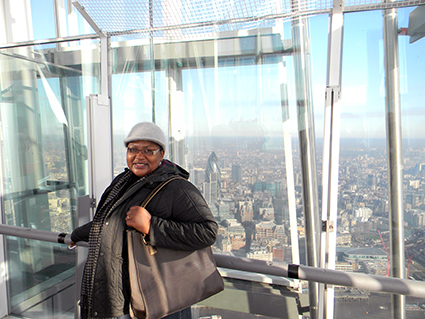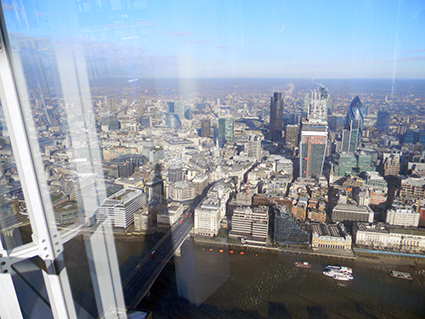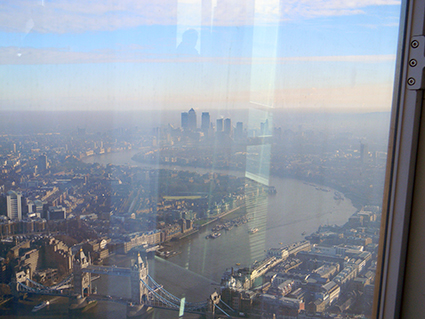For one week each May, there is a campaign around a specific theme for Mental Health Awareness Week, a week in which awareness of mental health and wellbeing issues is raised.
Since the first Mental Health Awareness Week in 2000, topics like loneliness, altruism, sleep, anger, fear, alcohol and friendship into the public sphere have all been promoted.
Last year’s campaign, “Doing Good Does You Good,†centred on altruism and resulted in the most successful week ever in online history, with more than 25,000 visitors to the Mental Health website, a 357% increase in the number of followers for their dedicated Facebook page, and press circulation figures exceeding 18 million.
May 13-19,2013: Physical activity and wellbeingÂ
The benefits of physical activity for reducing obesity and preventing chronic illness have been very well publicised, and yet only one-third of the population meet UK physical activity guidelines.
The aim of this year’s Mental Health Awareness Week is to change the way we view physical activity in the UK: to shift physical activity from a behaviour which we do because we ‘have to’, ‘should do’ or ‘ought to do’ for our health, to something which we do because we personally value its positive benefits to our wellbeing.Â
With your support, we could boost last year’s success and raise awareness of the importance of physical activity for positive mental health among an even wider audience.
Anyone can make simple changes that have a huge impact on their mental health and wellbeing. We’ve come up with ten practical ways to take care of yourself and get the most from life.
Mental health is about the way you think and feel and your ability to deal with ups and downs. Making simple changes to how you live doesn’t need to cost a fortune or take up loads of time. Anyone can follow our advice.
1. TALK ABOUT YOUR FEELINGS:

Talking about your feelings can help you stay in good mental health and deal with times when you feel troubled. It’s part of taking charge of your wellbeing and doing what you can to stay healthy.
2. EAT WELL:

There are strong links between what we eat and how we feel – for example, caffeine and sugar can have an immediate effect. But food can also have a long-lasting effect on your mental health.
3. KEEP IN TOUCH:

Friends and family can make you feel included and cared for. They can offer different views from whatever’s going on inside your own head. They can help keep you active, keep you grounded and help you solve practical problems.
4. TAKE A BREAK

A change of scene or a change of pace is good for your mental health. It could be a five-minute pause from cleaning your kitchen, a half-hour lunch break at work or a weekend exploring somewhere new. A few minutes can be enough to de-stress you.
5. ACCEPT WHO YOU ARE

Some of us make people laugh, some are good at maths, others cook fantastic meals. Some of us share our lifestyle with the people who live close to us, others live very differently. We’re all different.
6. KEEP ACTIVE

Experts believe exercise releases chemicals in your brain that make you feel good. Regular exercise can boost your self-esteem and help you concentrate, sleep, look and feel better. Exercise also keeps the brain and your other vital organs healthy.
7. DRINK SENSIBLY

We often drink alcohol to change our mood. Some people drink to deal with fear or loneliness, but the effect is only temporary.
8. ASK FOR HELP

None of us are superhuman. We all sometimes get tired or overwhelmed by how we feel or when things go wrong. If things are getting too much for you and you feel you can’t cope, ask for help.
9. Â DO SOMETHING YOU ARE GOOD AT
What do you love doing? What activities can you lose yourself in? What did you love doing in the past? Enjoying yourself helps beat stress. Doing an activity you enjoy probably means you’re good at it and achieving something boosts your self-esteem.
10. CARE FOR OTHER(!)
Caring for others is often an important part of keeping up relationships with people close to you. It can even bring you closer together.

